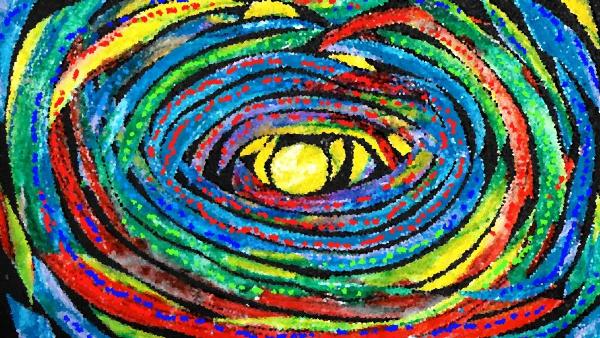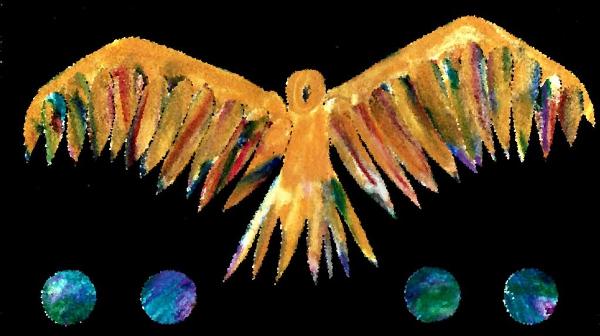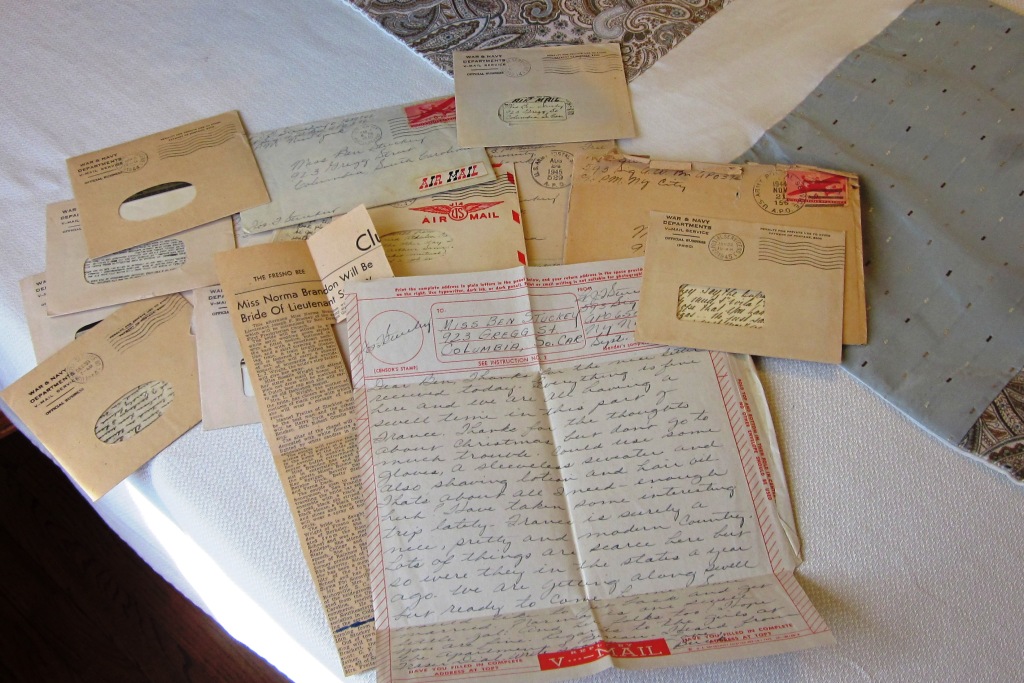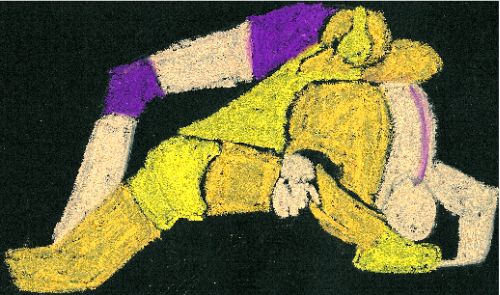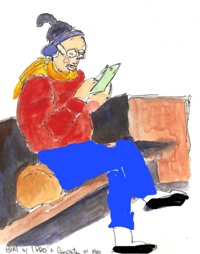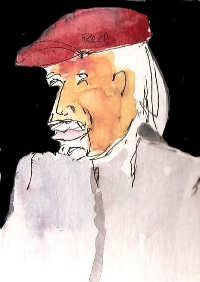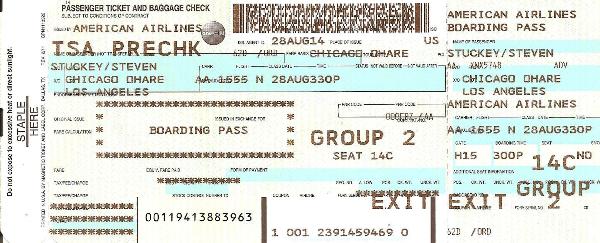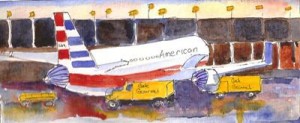 Tuesday 4PM
Tuesday 4PM
As soon as I stepped out of the car, Nancy called to me from the back yard, “Come quick! We have a problem.” I went. Pointing to the opposite end of the swimming pool she said in a voice filled with panic and revulsion, “There is a dead bird down there.”
I’m the guy who cleans the pool. Over the years I have fished out other dead things from the water—leaves, lizards, and even a baby possum. So I said in a voice filled with confidence, “Calm down, I’ll get my net and take care of this.” I walked to the end of the pool to investigate. At first glance I didn’t see anything. On closer inspection I noticed tail feathers sticking out of the filtration system skimmer. So I removed the cover, expecting to find the dead feathery fowl floating face up. To my surprise, I discovered a live perplexed pigeon staring back at me.
I jumped back three feet and immediately the Yuck Meter in my brain hit 10. Years earlier my office near Fuller Seminary became infested with mites from pigeons roosting on the roof. I remembered the exterminator calling pigeons flying rats of disease and pestilence. The pigeon was under the concrete edge of the pool deck standing on the entry way to the skimmer compartment. He looked wet and confused. With the skimmer cover off, I hoped he would just jump out and fly away. So I gave him some time and space. Periodically throughout the evening I checked on him. Each time he cocked his head to look at me but he stayed put. I didn’t know what to do.
Tuesday 10PM
Flashlight in hand I made one final check before going to bed. The bird had not budged. I thought about getting a stick to prod him off his ledge, but it was dark and I was tired so I decided to wait till the morning to take action. I figured his chances of surviving the night were slim. The neighborhood tom cat that patrolled our yard each night at 2AM marking his territory might eat him. If the tom cat was on vacation, the pigeon would surely drown when the pool pump turned on at 5AM and sucked him into the deeper waters of the skimmer.
Wednesday 6AM
As soon as I woke, I ran outside in my pajamas expecting to find a dead bird in the pool. No such luck. The pigeon was perched in the same place looking alive but not so well. I decided to take action. I put on my big green rubber gloves that I use to handle toxic chemicals, grabbed a long stick and a blue bucket. My strategy was to poke the pigeon with the stick and force him into the bucket that I held in the water. I poked a couple of times but he kept eluding my efforts under the concrete edge. Suddenly he lost his footing and was sucked towards the skimmer. He then flapped his wings and hopped out of the skimmer onto the deck. He waddled across the deck to the potting bench and parked himself in the sun to dry out. I thought that once he had regained his strength, he might fly away.
Wednesday 11AM
I checked the potting bench area before I left for my appointment. To my consternation I discovered Mr. Pigeon had pooped all over the brick floor. I was starting to feel some compassion for the bird but the mess he made tested my limits. I didn’t know what to do. I went to my appointment.
Wednesday 3PM
I had returned home from my appointment and was working on my computer in the studio when I looked out the window. To my surprise, there was Mr. Pigeon staring back at me. For the first time I thought, “Did God send this bird into my life? Is there some lesson I am to learn from him?” As a religious professional, I am trained to ask other people those types of questions. When I asked the question of myself, I felt both skeptical and curious.
I had a second idea. I needed to give the bird a name. So I called him Pete the Pigeon. I then opened the window and said, “Pete, do you have anything to say to me?” Pete cocked his head and looked back at me with his quizzical eyes. But he kept silent. I then noticed that he had a wound on his chest. He probably could not fly. I didn’t know what to do.
Thursday 7:00AM
As a card carrying introvert, I tend to obsessively mull over ideas. That is what I did throughout Wednesday night and early Thursday morning. What possible lesson was I to learn from Pete the Pigeon? In the same way that Pete had been caught in the skimmer, I felt caught between feeling compassion for the bird and annoyed by him at the same time. I wondered, “Do I feel caught between those two emotions in other areas of my life?” I made a list. To my surprise, it was a long list. I also hoped Pete would fly again, but his injuries were serious. It was reasonable for me to think he could die soon. I wondered, “Are there other areas of my life where I feel stuck between hope and realism?” I made another list and recorded it in my journal.
Thursday 9:30AM
Pete had moved to the driveway and survived another night. As I backed out the car to drive to another appointment, I wished Pete the Pigeon a good day. I thought, “Maybe Pete could become a pet. The grand-kids would love him.” My second thought was that I would have to feed and clean up after him. I already have enough things I am trying to care for. I didn’t know what to do.
Thursday 1PM
I had returned home from my appointment to discover that Pete the Pigeon was no longer in the driveway. I ran to the front yard thinking maybe he found the bird feeder and was having a feast. No Pete. I ran to the back yard and looked around. No Pete. I then went into the house, found Nancy, and excitedly declared, “I think Pete finally recovered and flew away!”
Nancy looked at me with the expression that said, “You’ve got to be kidding.” She then said, “I decided that the bird was probably hungry so I fed him some bird seed and he gobbled it up. I realized he could not fly so I called the Humane Society. They sent a truck out right away. The driver picked up the bird with his bare hands and put him in the truck. Problem solved.” I then asked, “But what if they put him to sleep?” Her reply, “That’s their decision. They are the experts. Besides, there are plenty of pigeons in the world.”
Suddenly I was free—free from assuming responsibility for the fate of a random bird that became trapped in our pool; free from my preoccupation with my own thoughts and feelings. It was then that I realized what I needed to do I had already done forty-four years ago. I married the right woman. Not only is she a genius when it comes to caring for pigeons and husbands, she is beautiful too.
(Acknowledgment- I am grateful for the editorial help of Mary Lou Totten with this story)
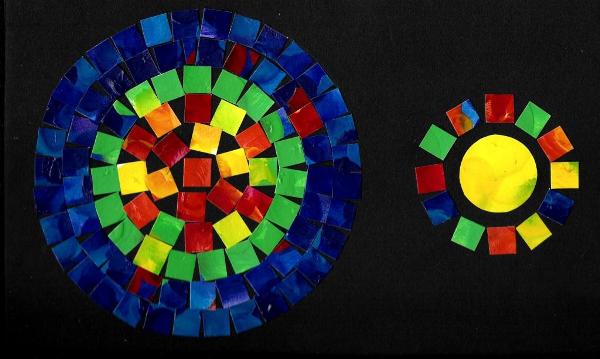 This poem is based on Mark 3:7-15 where Jesus invited a group of people to leave the crowd, go up the mountain, and become his followers. Carl Jung said that “we all walk in shoes too small for us.” I view the story from that lens. Jesus calls us to live a larger life. The painting above is titled The Crowd-The Twelve.
This poem is based on Mark 3:7-15 where Jesus invited a group of people to leave the crowd, go up the mountain, and become his followers. Carl Jung said that “we all walk in shoes too small for us.” I view the story from that lens. Jesus calls us to live a larger life. The painting above is titled The Crowd-The Twelve.
